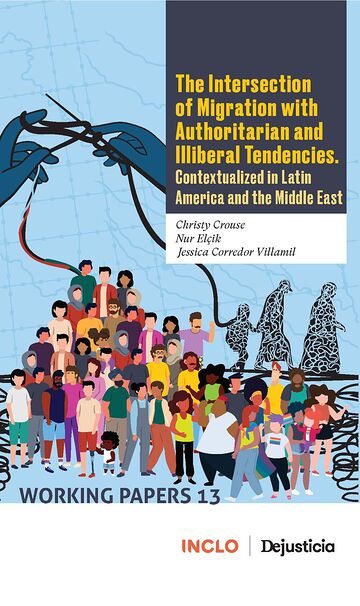- Libro
Digital

The Intersection of Migration with Authoritarian and Illiberal Tendencies. Contextualized in Latin America and the Middle East
USD $ 7,99
-
Isbn9786287517950
-
Peso3 MB
-
Número de páginas98
-
IdiomaEspañol
-
FormatoPDF
-
ProtecciónDRM
-
ReferenciaBKW153557
